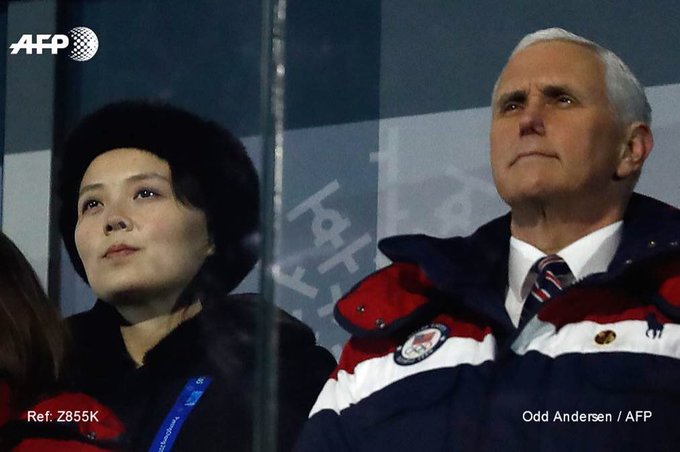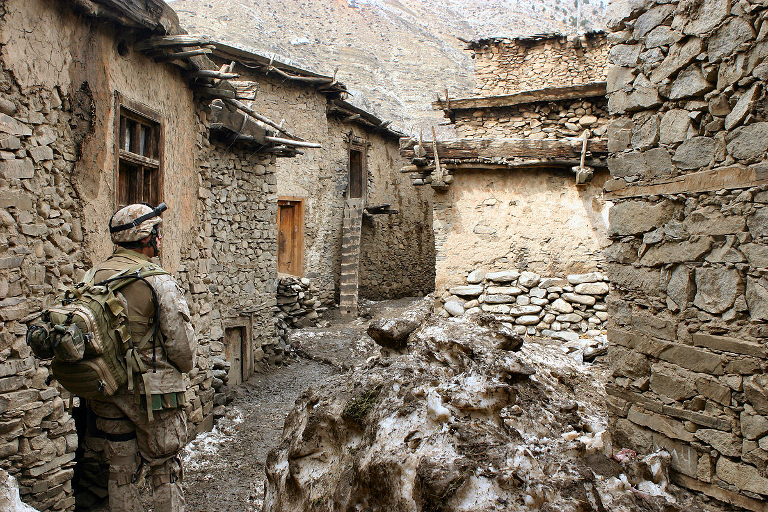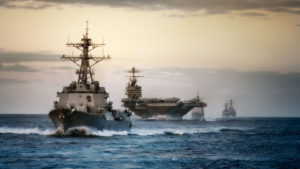
There is a saying in geopolitics that peace summits are generally a perfect time to prepare for war. This thinking stems from the military philosophy of Sun Tzu, who believed that when a nation is weak it is important to appear strong, and when a nation is at its most dangerous it is important to appear weak or “diplomatic.” Sun Tzu also often praised the virtues of distraction and sleight of hand, not only in war, but in politics as well.
I would note that Sun Tzu and the Eastern “sleight of hand” methodology is not only a mainstay of Chinese as well as North Korean thought, but also required reading for Western covert intelligence agencies. It is important to fully understand this methodology when examining the East vs. West paradigm, because almost everything you see and hear when it comes to relations with countries like China and North Korea is theater. Their governments have hidden schemes, our governments have hidden schemes and the globalists manipulating both sides have plans that trump everything else.
Keep all of this in mind when you hear about the sudden and almost inexplicable announcements of peace summits with North Korea in May or June between Pyongyang and the Trump administration.
Looking at the scenario purely from the perspective of political motive, it’s difficult to discern why Trump has been so obsessed with North Korea since he first entered office. North Korea has always had nuclear capability as well as the ability to deploy those nukes in one form or another against the U.S. North Korea has also always been involved in further nuclear testing and missile testing. The idea that such testing today is somehow a “violation” of arbitrary international standards and etiquette is absurd. Almost every nation in the world is engaged in military expansion and development.
…click on the above link to read the rest of the article…












 People mostly want the same thing, and many of us already have it, but we don’t really notice it.
People mostly want the same thing, and many of us already have it, but we don’t really notice it.

